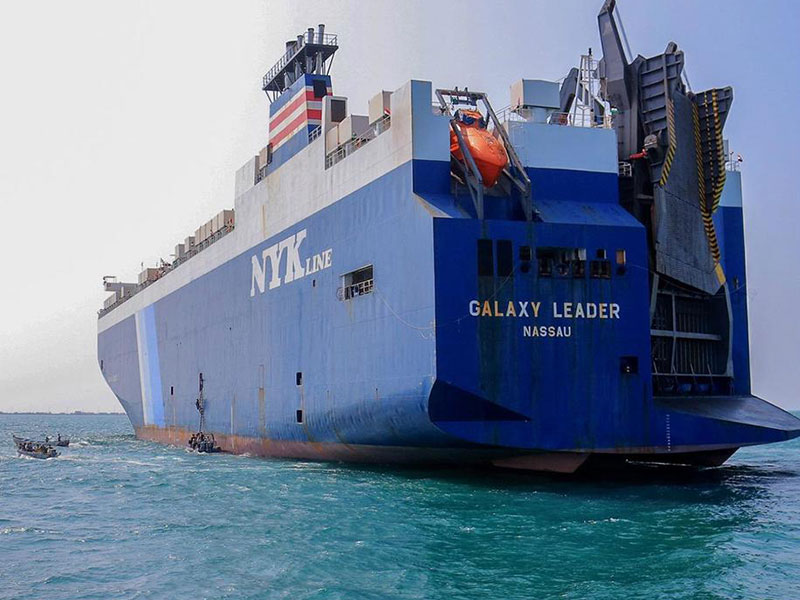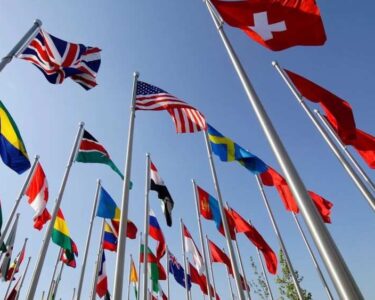Sri Lanka’s Navy is set to join international efforts to secure the vital Red Sea trade route by deploying a vessel to combat Houthi rebel threats. This move aligns Sri Lanka with nations like India in safeguarding the waterway crucial for global commerce.
President Ranil Wickremesinghe ordered the deployment, estimated to cost Rs 250 million every fortnight. The decision comes in response to over 20 recent Houthi attacks on merchant ships, targeting Israel for its Gaza campaign against Hamas. These attacks have significantly increased transportation costs between Asia and Europe.
Deployment Details:
- The exact date of deployment is yet to be confirmed.
- Vessels will cover the Red Sea, Arabian Sea, Gulf of Aden, and connected sea lanes.
- Initially, one ship will join Operation Prosperity Guardians, the ongoing naval operation at the Red Sea and adjoining trade routes.
- Depending on the warship’s capability and needs, it will be deployed to specific sea lanes threatened by Houthis
- Further deployments and ship swaps will be based on current requirements and Sri Lanka’s economic situation.
Opposition Concerns:
- President Wickremesinghe has faced criticism for the decision due to Sri Lanka’s ongoing economic crisis.
- Opposition leader Sajith Premadasa questions the cost-effectiveness of the deployment, urging major powers to handle th
- Houthi threat.
Presidential Justification:
Presidential sources argue that the deployment cost pales in comparison to potential losses at the Colombo port due to disrupted vessel traffic caused by Houthi attacks
They highlight the importance of protecting the Bab al-Mandeb chokepoint, carrying roughly 12% of global trade.
Overall, Sri Lanka’s Navy deployment signifies its commitment to securing global trade routes while potentially raising domestic concerns about cost and priorities.







